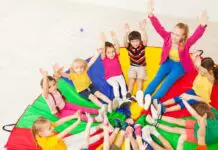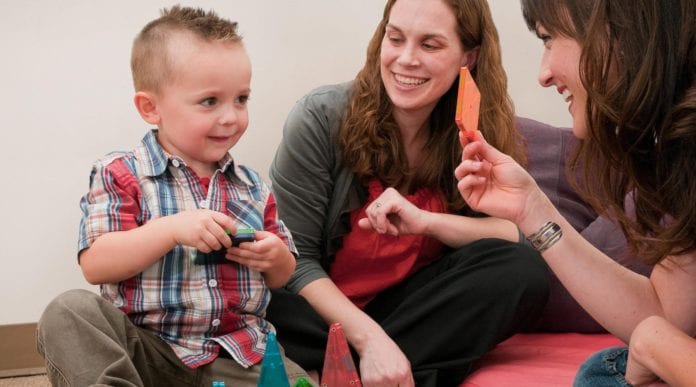
COVID-19 has negatively affected education systems all over the world this past year, creating challenging realities for all those involved. For preschools, the impact is by no means any less.
The pivotal stage of life that a preschooler is at means that any disruption to their normal routine is concerning for their development. Due to this, TeachKloud and similar early years management providers are reporting a higher number of users and inquiries as teachers look to stay in contact and provide support to families with preschoolers.
The difficulty lies in the fact that even with systems in place to prevent as much impact as possible, the effects that COVID-19 has already had on preschools is huge. What exactly do we mean by this though?
Keep on reading to understand how the COVID-19 crisis has affected preschool childcare and the efforts being made to reverse them.
The Impact On A Once Safe Place
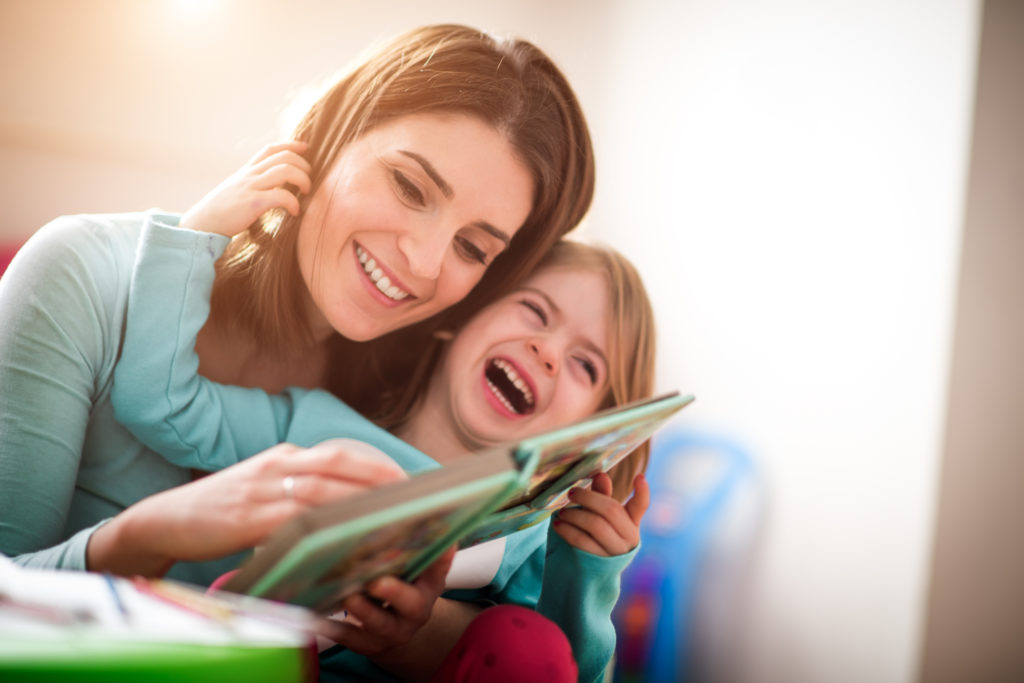
A preschool is typically thought of as a relatively safe haven for most young children. However, as preschools continue to shut down and reopen according to government rules, many of them have unfortunately succumbed to the negative effects of COVID-19 already.
Because of this, strict cleaning practices and sanitation precautions have had to become the norm, to ensure the safe day-to-day running of preschools. While in the past, sanitation and cleanliness would have been just as important, today’s circumstances require a greater dedication to the task.
For young children, the strange reality of the present must be a difficult one to come to terms with, particularly as their once ‘safe place’ is now a place of even harsher rules and social distancing.
Putting A Hold On Children’s Development
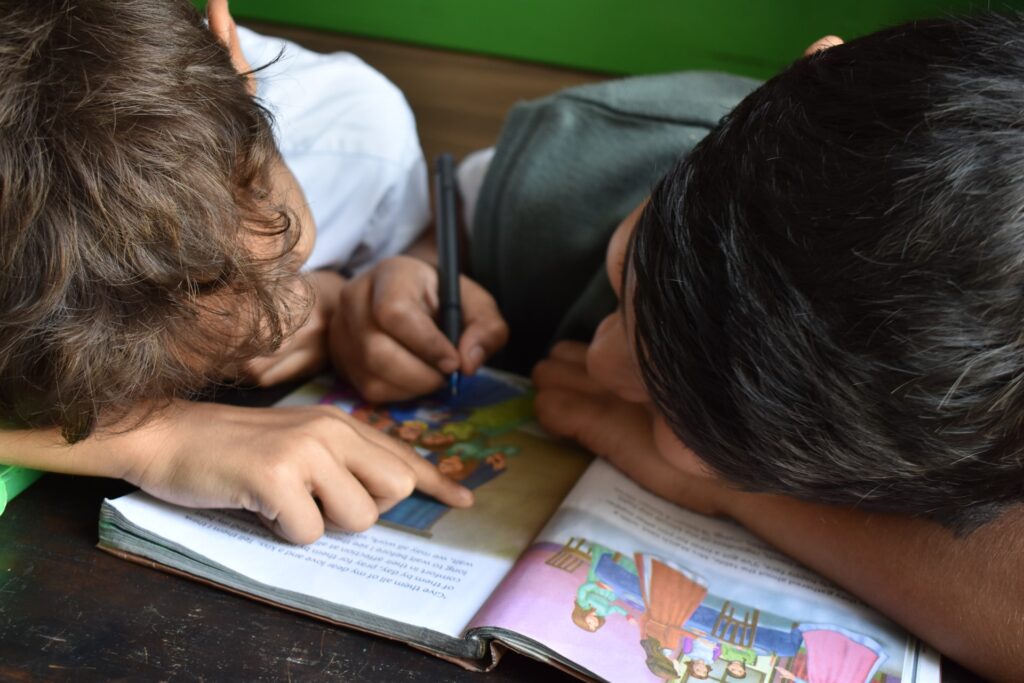
Another difficult result of the pandemic is the interruption it has had on the development of children. While it is not possible to pause a child’s development, the multiple lockdowns imposed, causing preschools to close, have made it difficult for children to develop as they typically would.
A child’s development through nursery and preschool is extremely important. The learning and skills that take place during preschool are difficult to mimic elsewhere, meaning that missing out on them can be detrimental to these learners.
In both social and emotional aspects, preschool life lessons build a foundation of character for a child that will be complicated to acquire later on.
A Struggle In Maintaining Contact, Safety, And Calmness
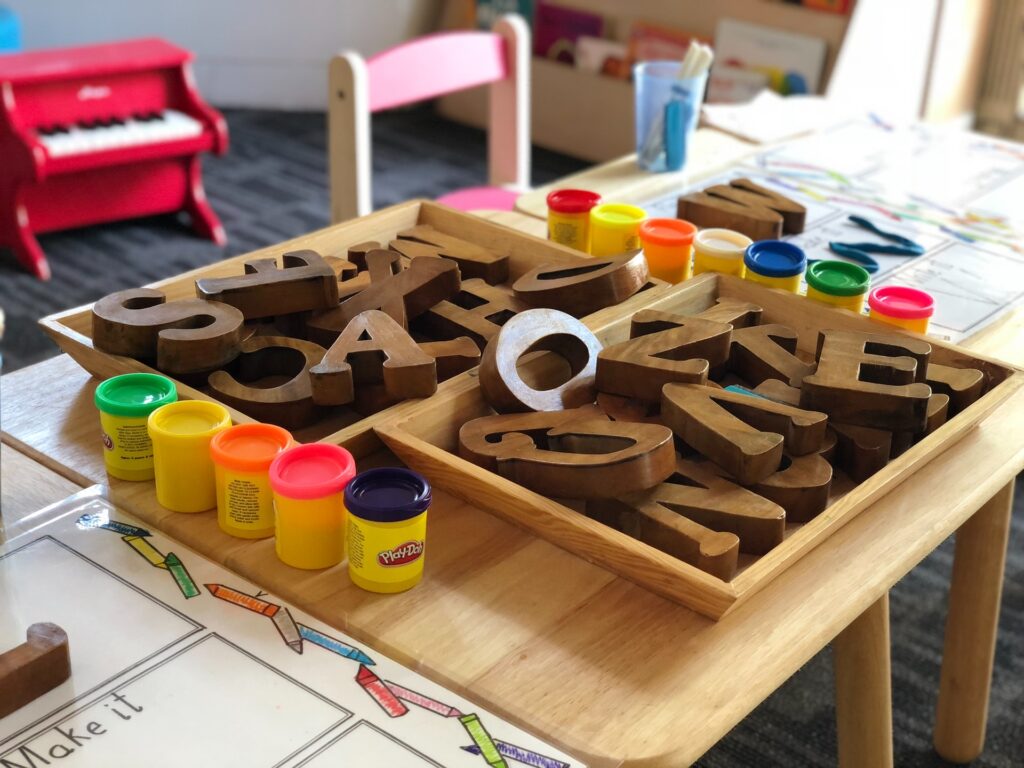
In-person contact is, naturally, one of the most significant stresses that COVID-19 has rendered. The stress is even larger within early years environments, as young children struggle to understand the concept of social distancing. A large part of young development is physical contact with others.
This is undoubtedly a huge impact on preschools everywhere, as they attempt to maintain a healthy space between children and teachers, too. Furthermore, this is also one of the main reasons why management software is so sought after currently. Continuous contact between families and teachers is more necessary than ever right now, with the need to be able to keep up to date throughout the day.
In addition to this, the COVID-19 pandemic is new to everyone and each person is learning how to deal with it at the same time as the next. This can cause a lot of anxiety and tension in environments where children are involved.
The Unending Stress To Teachers And Parents
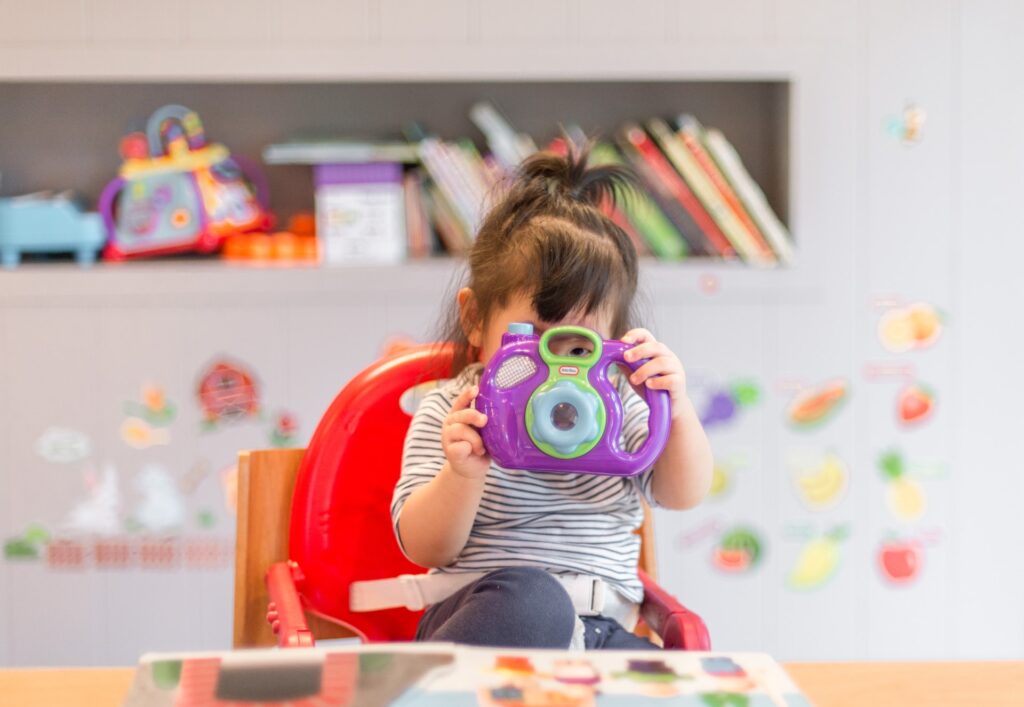
There is no doubt that COVID-19 has created an environment of stress in every possible way, to every single person. With that being said, having a strict system in place that can keep both teachers and parents at ease is necessary.
With COVID pressures in full force, keeping communication with parents is extremely important. Particularly when it comes to updating families on children’s possible symptoms, school closures, or any other significant information that could potentially affect the running/day-to-day activities of a preschool.
Having to maintain this contact and safety in all environments becomes a huge strain on both teachers and parents, regardless of how necessary it is.
Before the COVID-19 pandemic, unreasonably expensive, low quality or difficult to reach childcare and youth schooling offices drove numerous guardians away from small kids in dangerous and unstimulating conditions at a basic point in their turn of events, with in excess of 35 million kids younger than five internationally some of the time left without grown-up management.
Out of 166 nations, not exactly half give educational cost free pre-essential projects of at any rate one year, dropping to only 15 percent among low-pay nations.
Numerous little youngsters who stay at home don’t get the play and early learning support they need for the solid turn of events. In 54 low-and center pay nations with ongoing information, around 40% of kids matured somewhere in the range of 3 and 5 years of age were not accepting social-passionate and psychological incitement from any grown-up in their family unit.
The absence of childcare and early training alternatives likewise leaves numerous guardians, especially moms working in the casual area, with no decision except for to carry their little youngsters to work. More than 9 of every 10 ladies in Africa and almost 7 out of 10 in Asia and the Pacific work in the casual area and have restricted to no admittance to any type of social insurance. Numerous guardians become caught in this problematic, inadequately paid work, adding to intergenerational patterns of neediness, the report says.
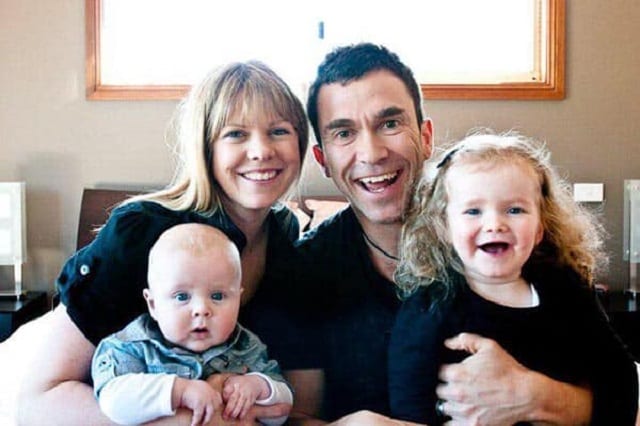
Admittance to moderate, quality childcare and youth schooling are basic for the improvement of families and socially durable social orders. UNICEF advocates for available, moderate, and quality childcare from birth to kids’ entrance into the 1st grade of school.
The examination brief offers direction on how governments and bosses can improve their childcare and youth training strategies including by empowering all youngsters to get to top-notch, age-fitting, moderate and available childcare places regardless of family conditions.
The direction likewise diagrams extra family-accommodating approaches including:
- Paid parental leave for all guardians so that there is no hole between the finish of parental leave and the beginning of reasonable childcare;
- Adaptable work game plans that address the requirements of working guardians;
- Interest in the non-family childcare labor force including preparing;
- Social assurance frameworks including money moves that arrive at families working in the non-formal business.
“The COVID-19 pandemic is making a worldwide childcare emergency far more terrible,” Fore said. “Families need to uphold from their administrations and their bosses to face this hardship and shield their youngsters’ learning and improvement.”
COVID-19 has impacted preschools just as much as it has impacted other industries. As difficult as the past year has been, making use of the resources available will be the best way forward.

